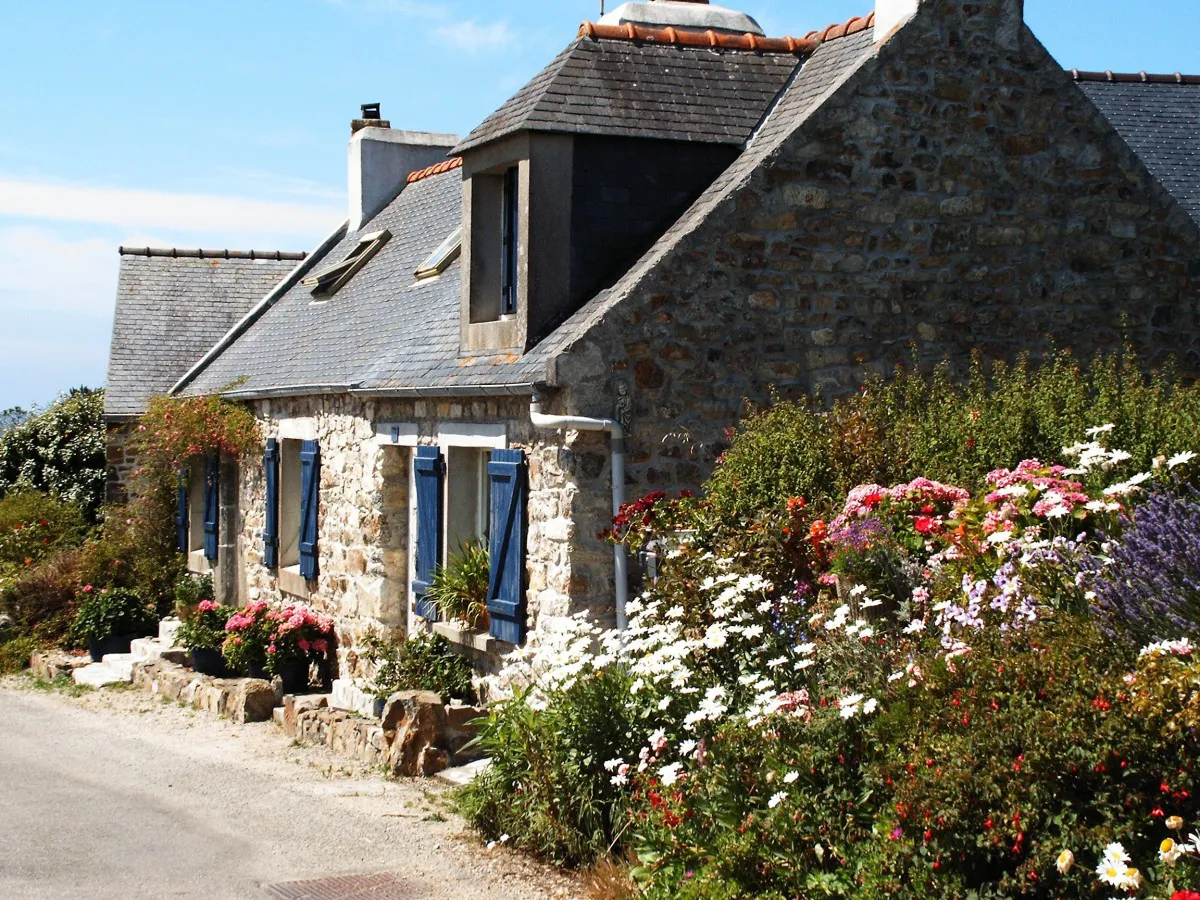
History and Reality of the Market
The purchase of real estate through viager has been a practice that has existed for many years in France. This method of real estate acquisition is based on a contract between a seller, usually elderly, and a buyer who commits to paying a regular annuity to the seller until their death. Viager has undergone significant changes throughout history and now constitutes a micro-market that is generating increasing interest.
Origins and Development of Viager in France
At the origins of viager, there is the sale in the form of a viager annuity, established by the French Civil Code when it was created in 1804. This form of sale was intended to ensure a regular income for the elderly and widows, who were often financially disadvantaged in their situation. The viager annuity was then a way to guarantee certain financial security for these vulnerable individuals.
The First Rules of Viager
The first rules governing viager were put in place at the beginning of the 20th century, including the law of July 14, 1905, which stipulated that the buyer must pay an annual annuity to the seller for the duration of their life. This annuity is calculated based on the value of the property sold, the age of the seller, and the prevailing interest rates. Furthermore, this law required that the sold property be occupied by the seller.
Viager Libre
Over time, the viager market has adapted to the needs and expectations of the population, especially with the emergence of viager libre in the 1960s. Unlike viager occupé, viager libre allows the buyer to immediately take possession of the sold property, without waiting for the death of the seller. This formula has gained popularity among investors, who can then use the property as they wish from the moment the contract is signed (rental, renovation, etc.).
The Current Evolution of the Viager Market
Today, the viager market represents a niche real estate market, accounting for approximately 1% of real estate sales in France. Nevertheless, this market is growing and generating increasing interest from both buyers and sellers.
Reasons for the Expansion of the Viager Market
Several factors explain the growth of the viager market in France in recent years. Firstly, the increase in life expectancy encourages more elderly people to opt for viager sales in order to ensure a regular income throughout their lives. Additionally, the economic context of recent years has resulted in a decrease in financial returns, pushing investors to turn to safer investments that are less exposed to market fluctuations. Viager therefore represents an interesting alternative for those who wish to diversify their real estate assets.
The Profile of Buyers and Sellers
The participants in the viager market are often private individuals, both sellers and buyers. On the seller side, the majority are individuals over 70 years old, mainly widows or childless couples. These sellers see viager sales as a means to ensure their financial independence while remaining in their homes for as long as they wish (in the case of viager occupé).
As for the buyers, they are primarily individuals over 50 years old, with significant capital and a desire to invest in real estate. These buyers see viager as an opportunity to acquire a property at a lower price than the traditional market, while guaranteeing a regular income to an elderly person in need.
The Current Situation of the Viager Market
Despite its expansion, the viager market still remains marginal compared to the traditional real estate market. However, certain regions are experiencing strong demand for viager, especially in Île-de-France and the French Riviera. In these areas, property prices are often high, making viager investment particularly attractive for buyers.
Perspectives for Viager
With an aging population and an uncertain economic context, it is likely that the viager market will continue to develop in the coming years. This form of real estate purchase may even gain popularity among younger generations, who sometimes struggle to access property through traditional channels. Thus, viager could well establish itself as a viable solution to ensure the financial security of elderly individuals, while allowing investors to make interesting real estate acquisitions.



